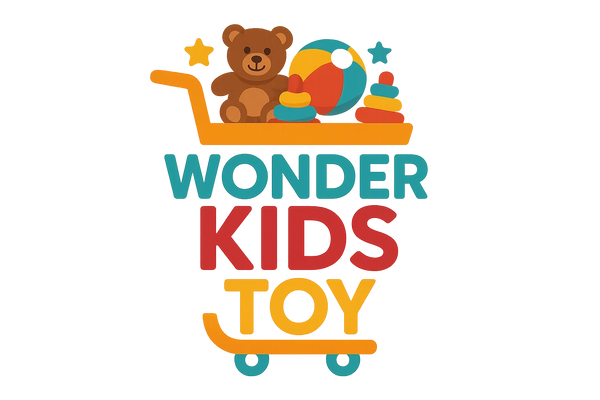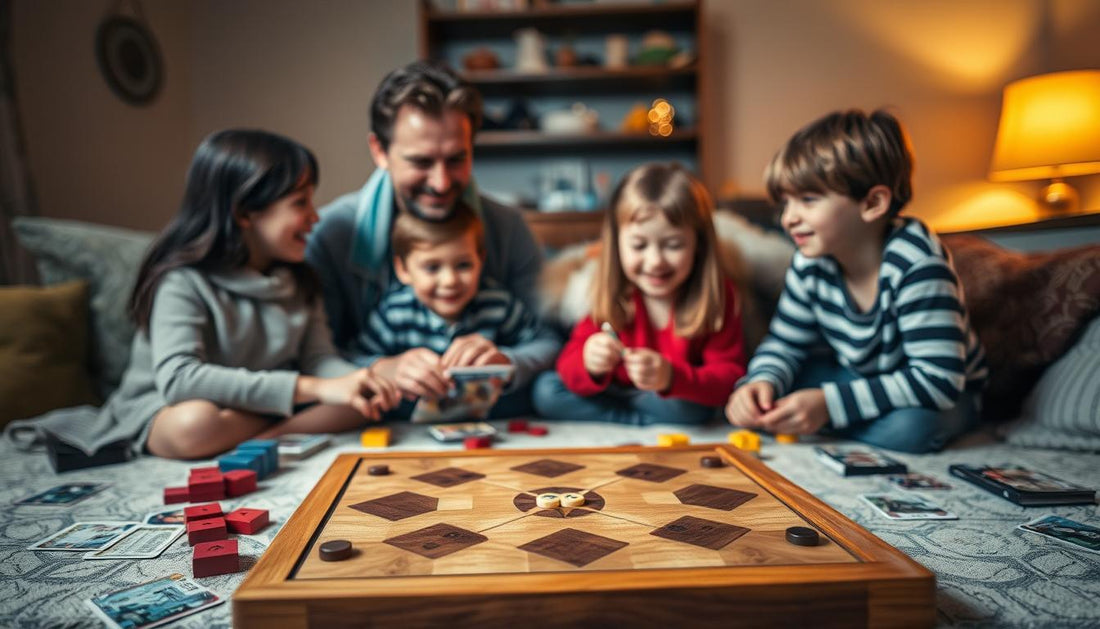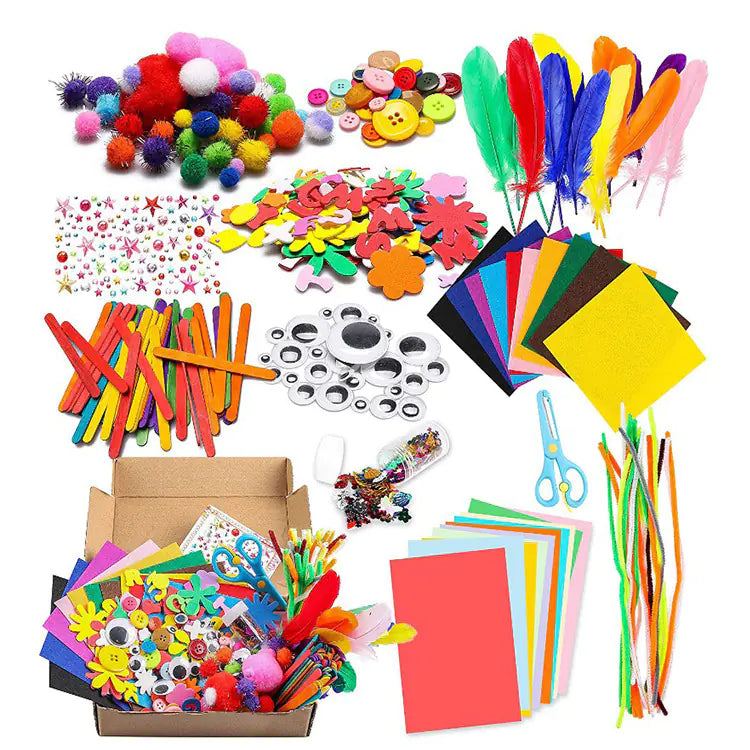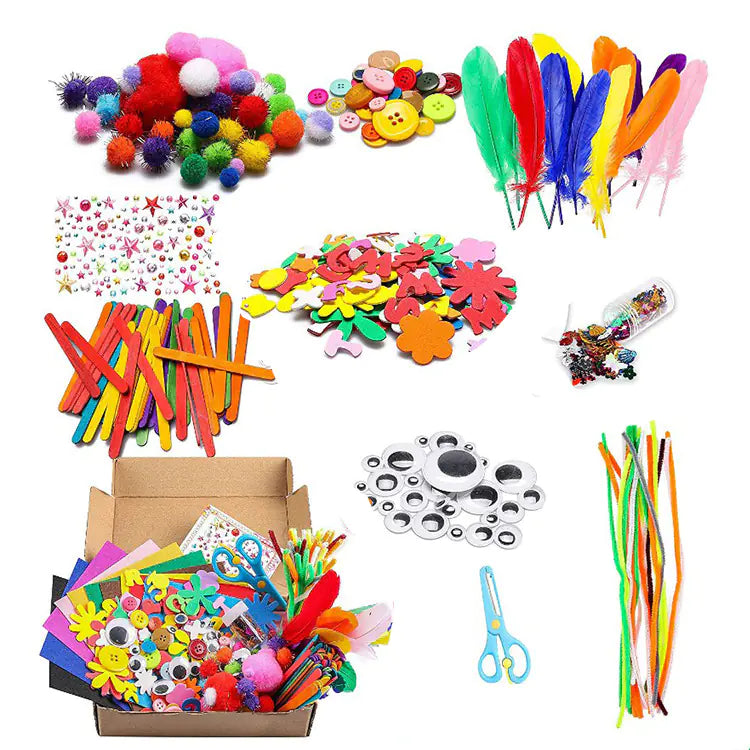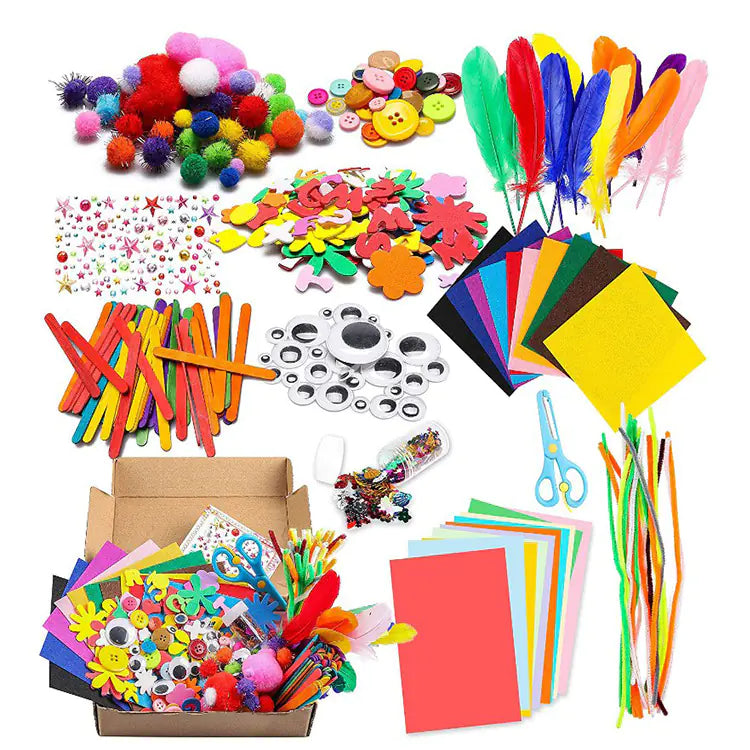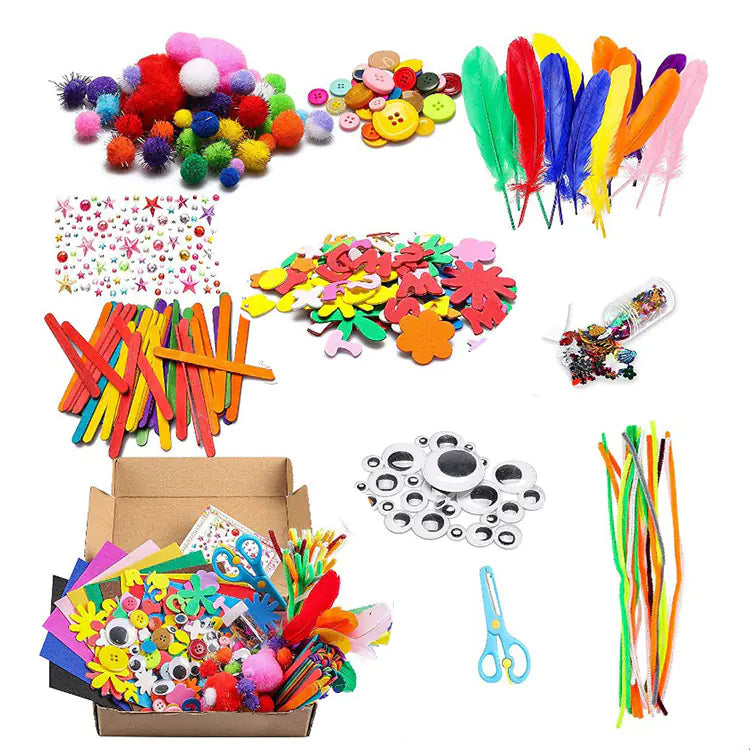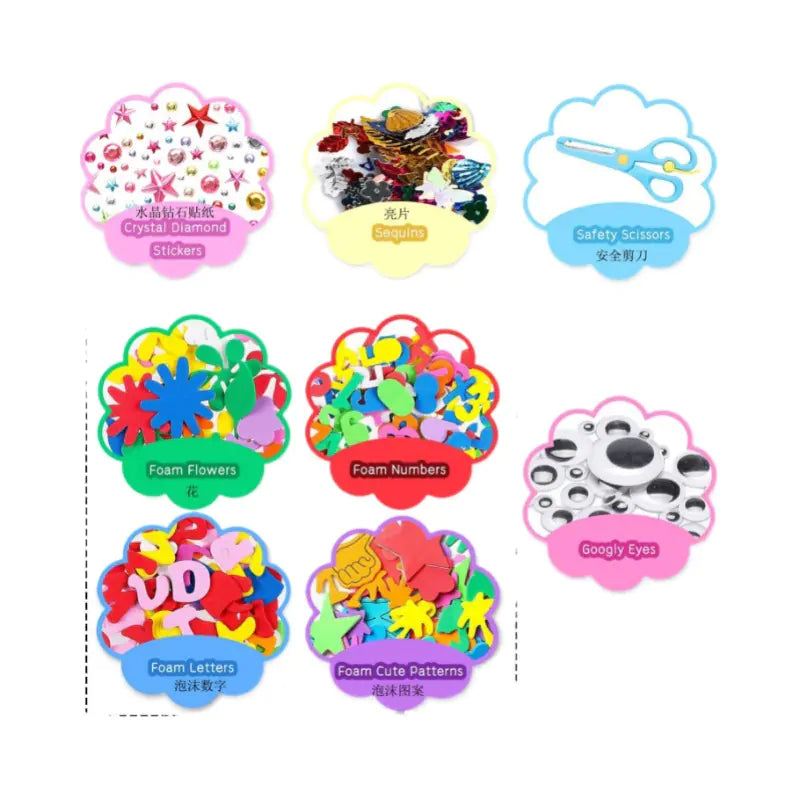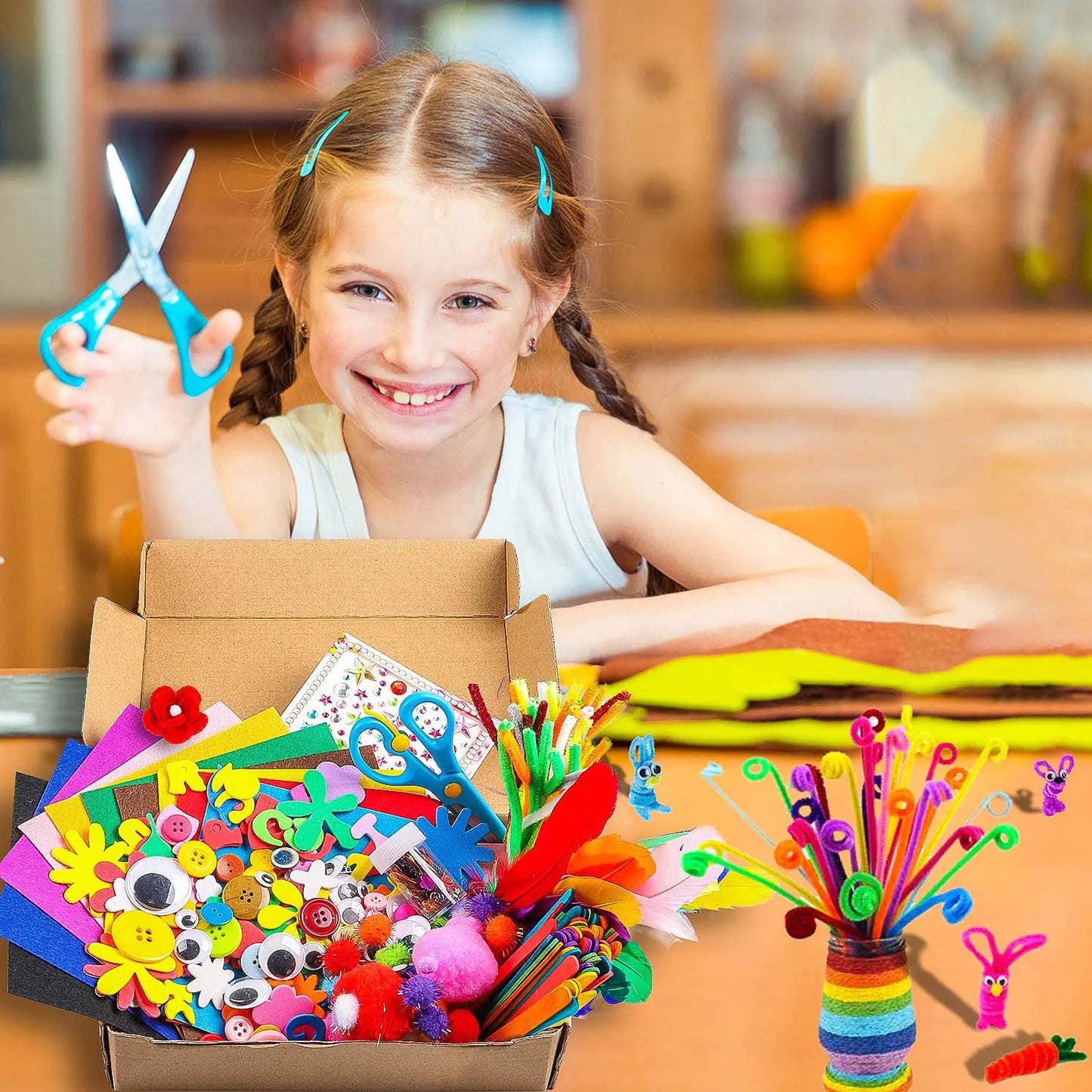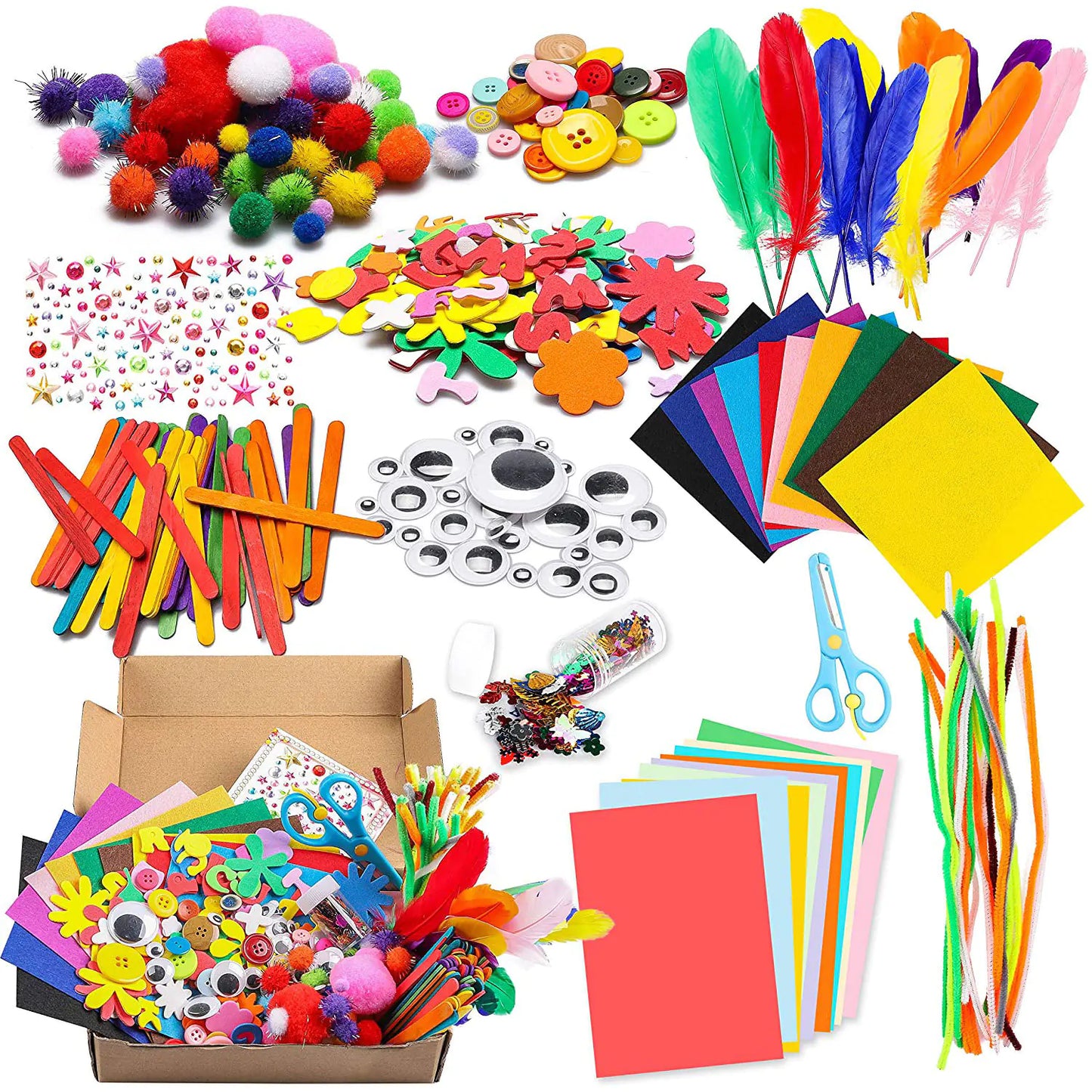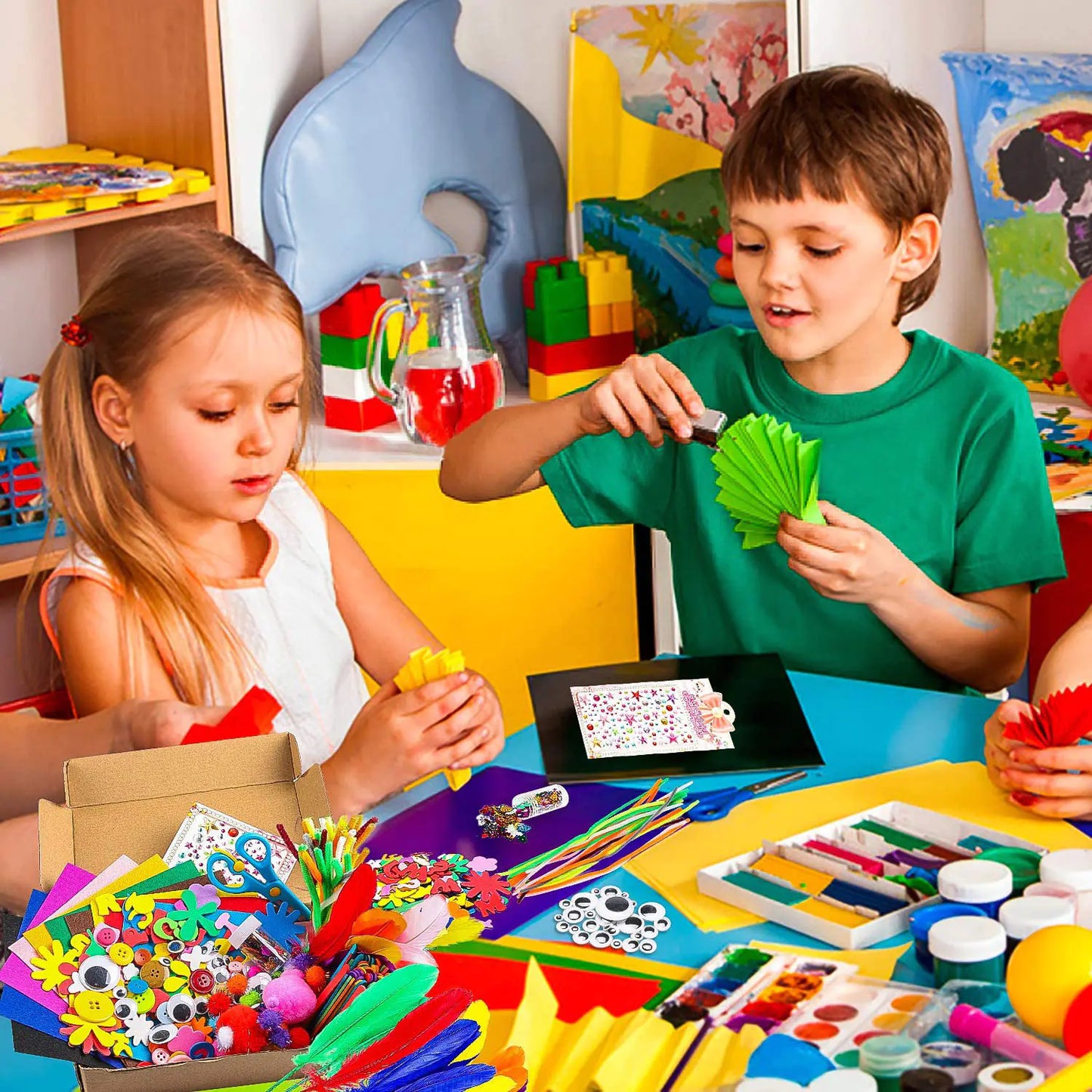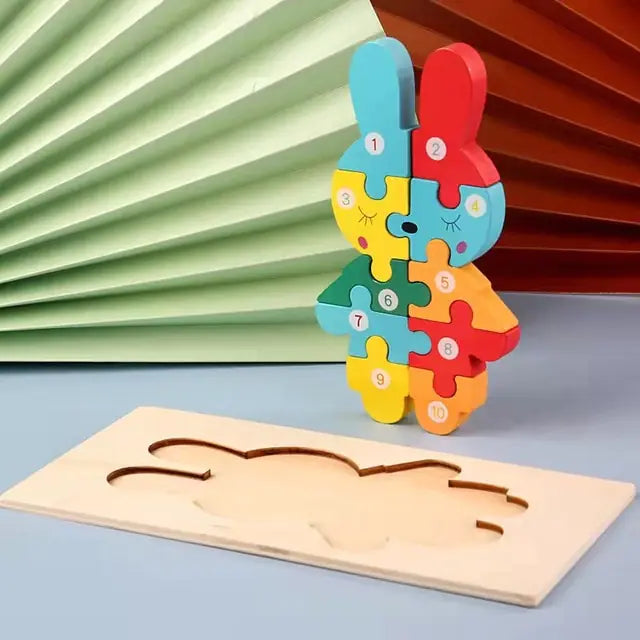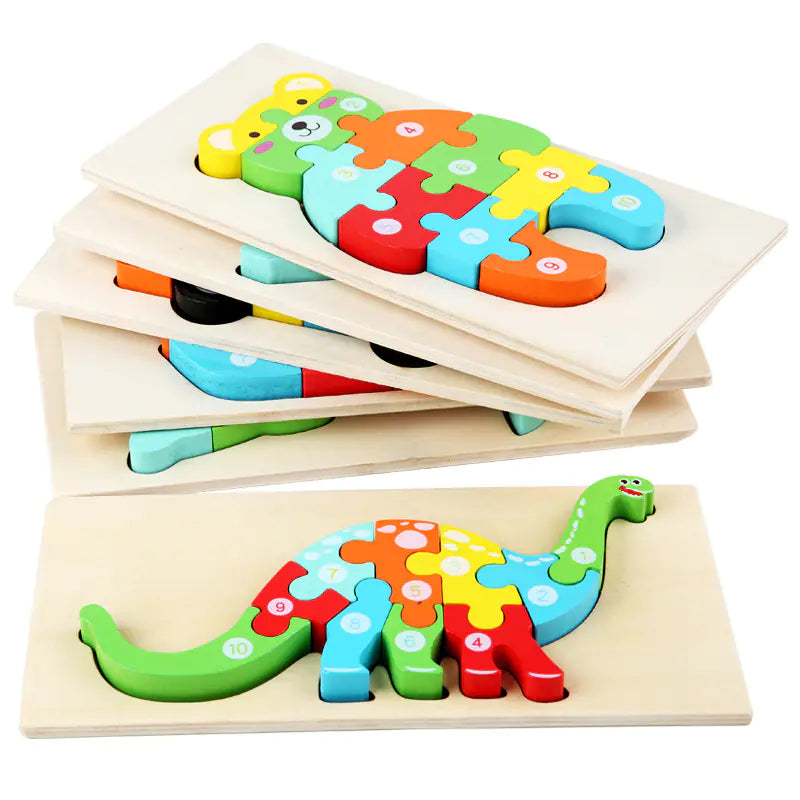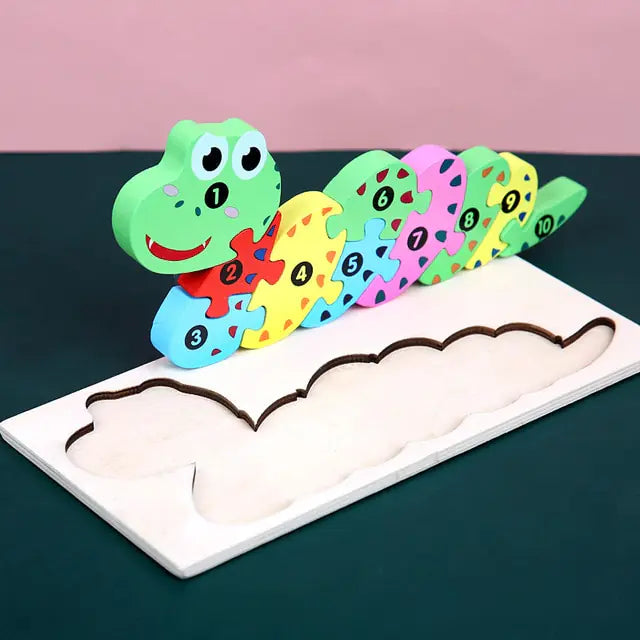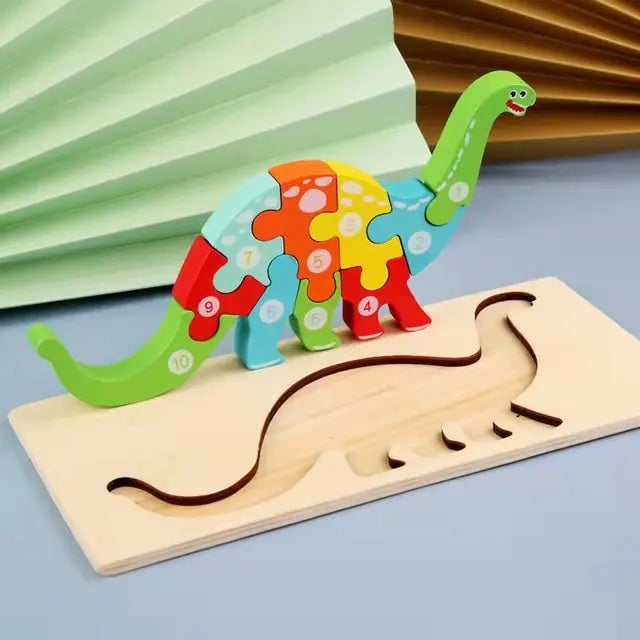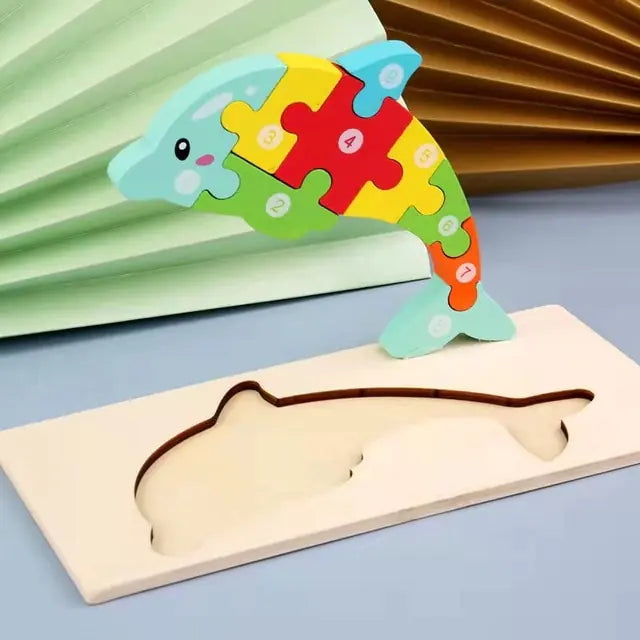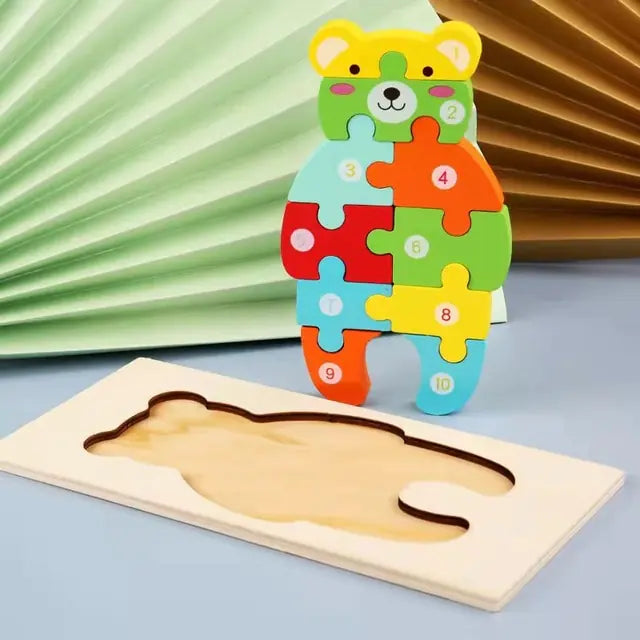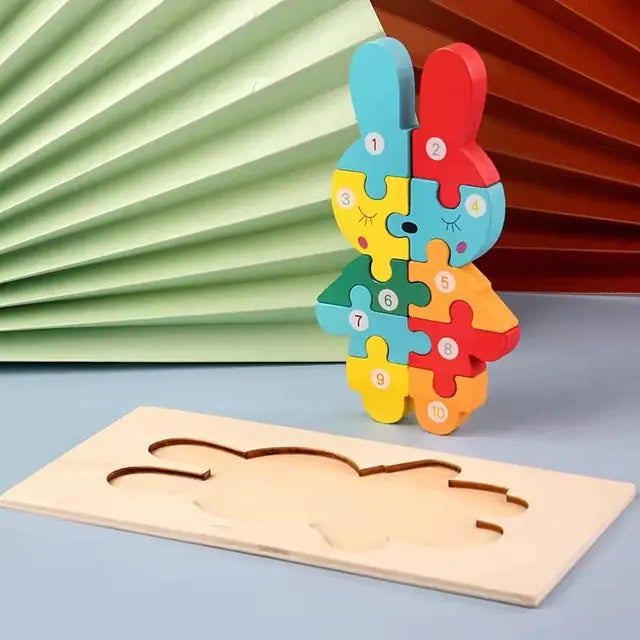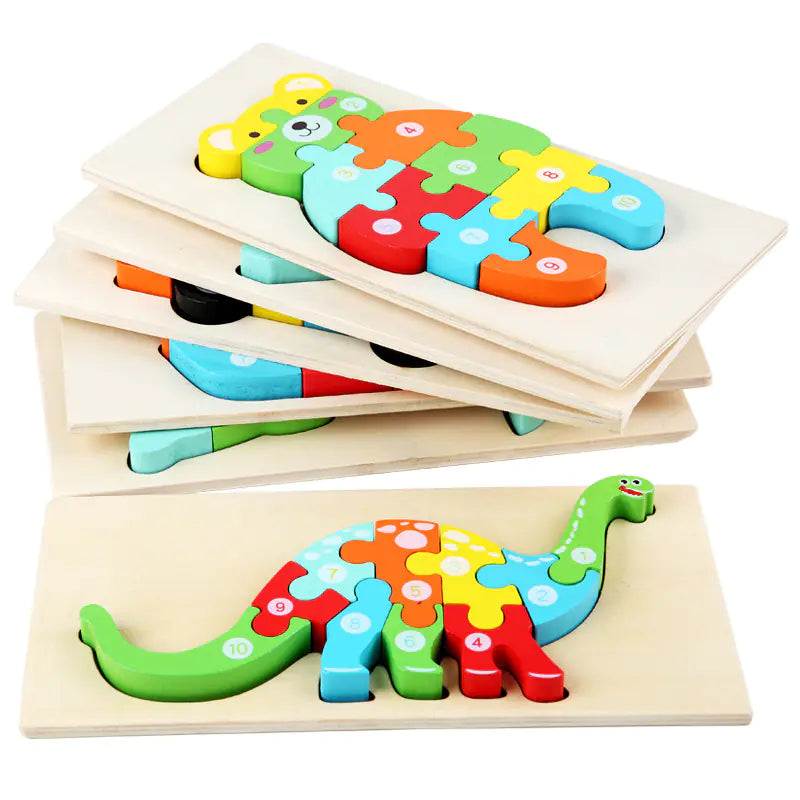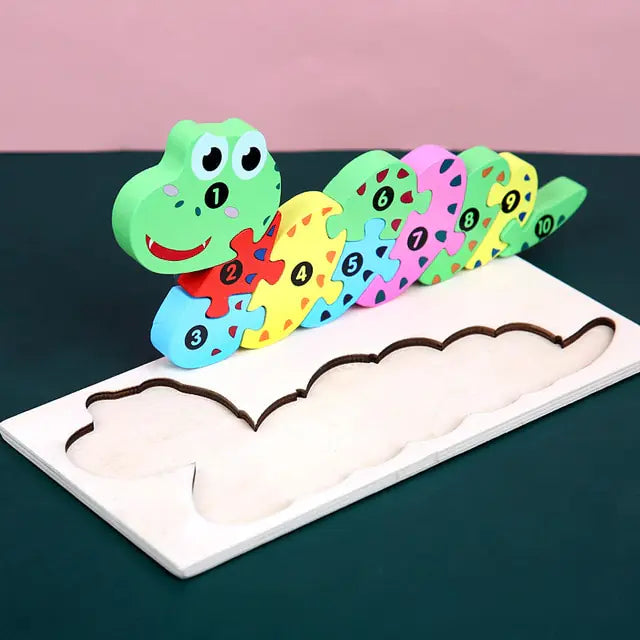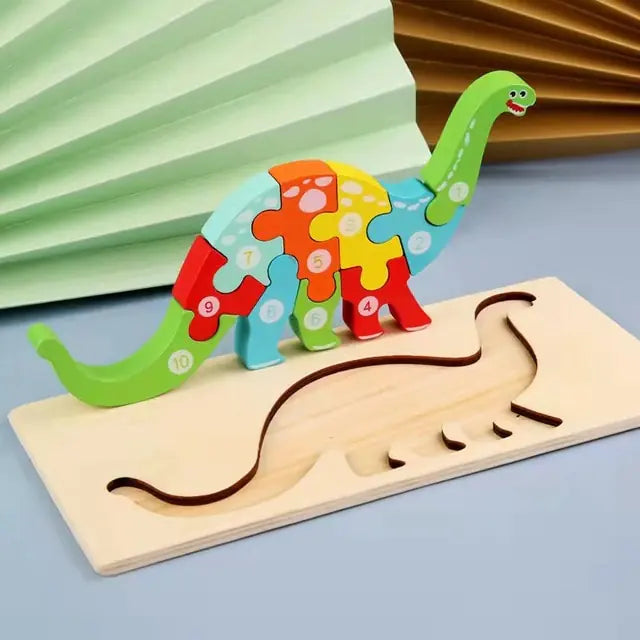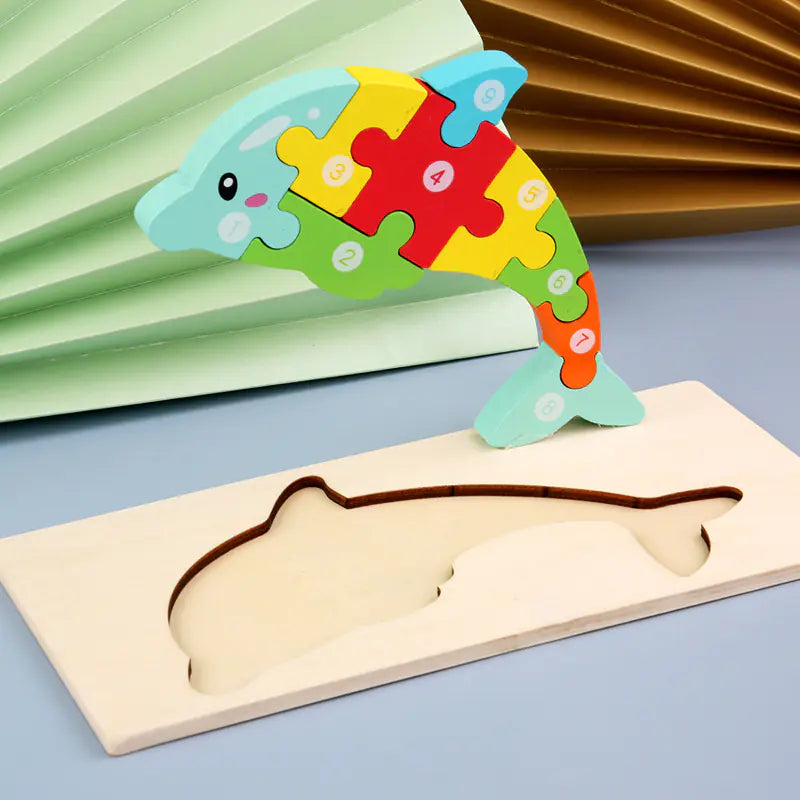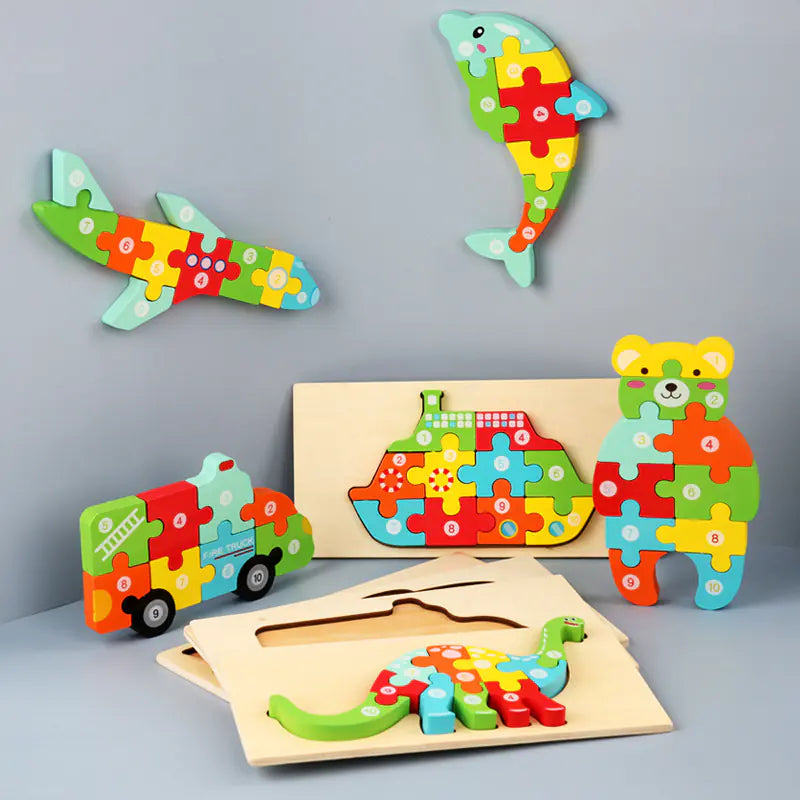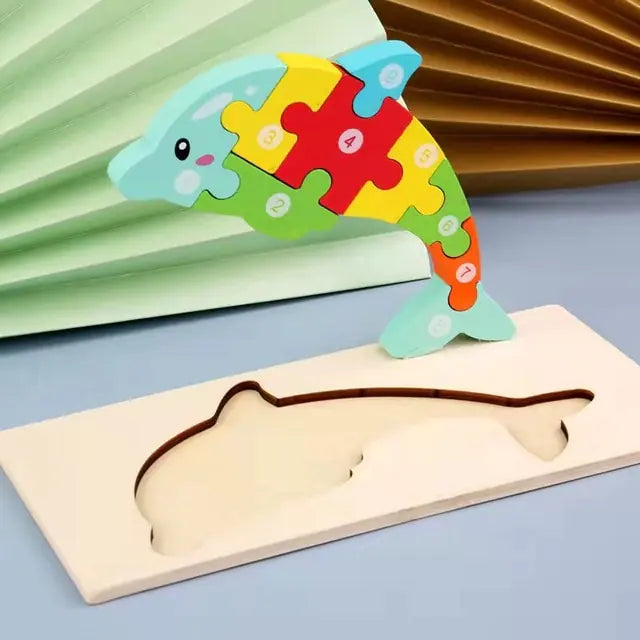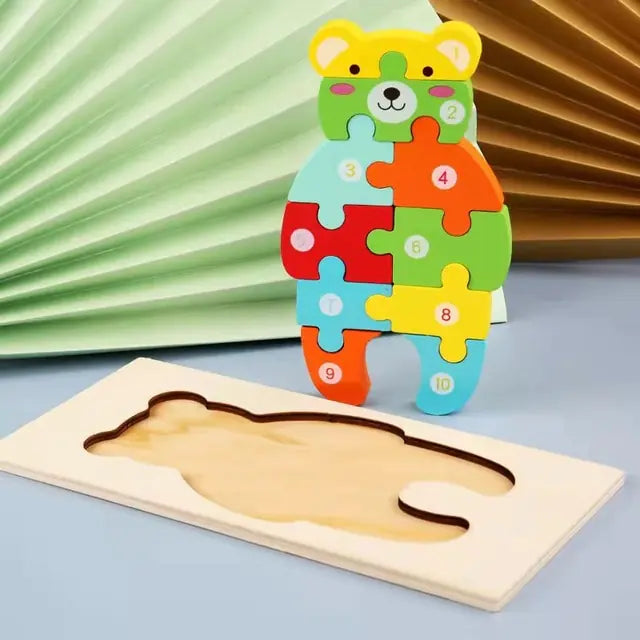Hi there, family friend! Ready to make playtime feel like a classroom? This guide shows you how to find board games that are both fun and educational. They help grow curious minds and bring families closer together!
Looking for the perfect game? We'll show you how these games boost creativity, teamwork, and thinking skills. Whether you're shopping online or planning a game night, we've got tips to make it unique.

Key Takeaways
- Fun and educational board games teach skills through play, not pressure.
- They're perfect for screen-free family time that's both joyful and meaningful.
- Top picks online combine strategy, storytelling, and hands-on learning.
- These games grow with kids, adapting to different ages and learning stages.
- Every game night becomes a chance to laugh, learn, and create lifelong memories.
Why Board Games Are Great for Learning and Fun

Imagine a moment where laughter and learning mix. Board games make this possible! Playing strategy board games or checking out learning board games online turns screen time into fun learning adventures. Are you ready to find out how?
Benefits of Social Interaction
- Practice taking turns while sharing ideas.
- Teamwork shines in cooperative games like Pandemic, where players solve crises together.
- Conversation flows naturally as players explain moves and celebrate wins.
Enhancing Cognitive Skills
Every decision sharpens the mind! Strategy board games like *Catan* teach resource management. Memory games like *Sequence* boost recall. Even simple games build focus and patience.
Encouraging Creativity
What if you could invent a new rule? Many games let players adapt strategies on the fly. Open-ended games like Codenames spark imaginative wordplay. Creativity becomes a shared adventure!
Ready to start? Whether in-person or through learning board games online, every game night is a step toward brighter futures. Let’s make every roll of the dice a memory and a milestone!
Best Educational Board Games for Kids and Adults

Looking for family learning games that everyone will love? We’ve found top picks that spark curiosity and bring joy. These games foster creativity and boost problem-solving skills, making every game night magical!
- Dixit: A whimsical storytelling game where players interpret surreal artwork. It’s perfect for sparking imagination and collaboration!
- Scrabble: Turn wordplay into a bonding experience. This classic builds vocabulary while encouraging strategic thinking.
- Codenames: Teams guess words using clever clues—great for boosting communication and quick thinking!
- Catan: A resource-management adventure teaching negotiation and planning skills. Fun for ages 10+!
“Our family’s game nights transformed when we tried Dixit! The laughter and creativity are unmatched.” – Sarah, mom of three
These games are more than fun—they’re tools for growth. They help nurture a love for words, numbers, or teamwork. Ready to pick your favorite? Let the adventures begin!
How to Choose the Right Learning Board Game

Finding the perfect interactive educational game can be challenging. But don't worry—we're here to guide you! We'll show you three easy steps to picking the right match for everyone.
Every child learns differently—let their passions lead the way!
Identifying Learning Objectives
First, think about what skills you want to improve. It could be math, empathy, or problem-solving. Look for games that focus on these areas. For instance, “Sequence Numbers” is fun and helps with math.
Let your child's interests guide you. If your child loves dinosaurs, find games that combine learning with fun!
Assessing Age Appropriateness
Check the suggested age range, but also trust your instincts. A 5-year-old who loves space might enjoy a game meant for older kids. Look for games that can be adjusted as your child grows.
Ask if the game is challenging but not too hard. If it is, it's a great choice!
- Balance difficulty with curiosity—easy enough to engage, tough enough to inspire.
- Read reviews from other parents for real-life insights.
Evaluating Game Mechanics
Is the game easy to play? Look for clear instructions and fun interactions. Choose games that are both strategic and simple. Ask if everyone will stay interested.
Games like “Outfox the Fox!” are great because they're quick and team-based, keeping the game exciting!
Remember, the best games make you happy and help you grow. Happy game-hunting—we can't wait to see those “aha!” moments!
Top Online Stores to Buy Educational Board Games

Looking for the best cognitive skill builders is now easier! We've found top online stores for quality educational board games. These stores cater to all ages and learning styles. Discovering these games is as exciting as playing them!
- Amazon: A one-stop shop with thousands of options. Filter by age, skill focus, and customer reviews to find perfect matches.
- FunAgain Games specializes in family-friendly games that boost problem-solving and teamwork. Check out their curated “Learning Through Play” collections.
- ThinkFun: Directly from the creators of award-winning cognitive skill builders like their Code Master series. Exclusive deals and educational guides included!
| Store | Why We Love It | Quick Tip |
|---|---|---|
| Amazon | Free shipping on many orders | Use “educational” or “STEM” in search filters |
| FunAgain | Community reviews from parents like you | Join their newsletter for seasonal sales |
| ThinkFun | Games designed by educators | Pair purchases with free lesson plans |
Need extra help? Check store FAQs or contact customer service—they will guide you! Many platforms offer rental programs, so you can try games before buying. Remember, every purchase supports your child’s growth while creating memories the whole family will cherish.
Spotlighting Fun And Educational Board Games: A Deep Dive

Ever wondered how classic games get a modern twist? Let’s explore how fun and educational board games are evolving! Today's games mix old-school charm with new tech. They spark curiosity and learning.
Imagine a family laughing over a game that boosts math skills. Or a classroom using educational board games online to teach history. It's truly magical!
Understanding Game Innovations
- Augmented reality apps that overlay digital challenges onto game boards
- Adaptive rulesets that grow with your child’s abilities
- Collapsible designs for easy, travel-friendly play
Incorporating Modern Trends
Modern trends like eco-friendly materials and inclusive themes make these games more meaningful. Look for:
- Games using recycled components (think cardboard tiles from sustainable forests)
- Storylines celebrating diverse cultures and perspectives
- Online platforms like educational board games that connect families remotely
What's next? Imagine AI-powered games adjusting difficulty levels in real time! These advancements keep learning fresh while honoring the joy of play. Let's embrace these upgrades together—they're not just games, but tools shaping brighter futures!
History and Evolution of Board Games

How did your favorite board games come to be? Let’s journey through their story! From ancient carvings to today’s strategy board games, board games have grown with us. Imagine kids laughing around a table, just like families did centuries ago—only now, the rules are more creative and the options endless!
From Classic to Contemporary
Long ago, games like Chess and Backgammon taught strategy and logic. Today, games like Catan or Pandemic blend teamwork and problem-solving. Here’s how they’ve changed:
- Simple pieces → colorful, themed components
- Local gatherings → learning board games online with global players
- Hand-drawn maps → digital aids and app integrations
Influence of Cultural Trends
“A game is a mirror of its time.”
Wars, technology, and social values shape games. The 1960s saw family-friendly classics like Monopoly, while today’s games tackle teamwork and environmental issues. Strategy board games now often reflect real-world challenges, sparking conversations about history or ethics. And with learning board games online, kids can explore global cultures without leaving home!
So next time you play, think: What will tomorrow’s games teach us? The fun never stops evolving—just like your family’s adventures!
The Role of Strategy in Learning Board Games

How can a simple game teach kids to think like a master planner? Strategic family learning games turn playtime into a classroom without the worksheets! These games balance choices and consequences, teaching real-world skills.
Think of it like a puzzle where every move matters. Playing games that require strategy teaches patience, foresight, and problem-solving. Let’s break it down:
- Plan Ahead: Players learn to predict outcomes and adjust plans.
- Think Flexibly: Adapting to changes keeps minds sharp and ready for surprises.
- Team Up: Many games ask players to collaborate, blending teamwork with tactical thinking.
“Strategy isn’t just for chess masters—it’s a life skill. Games make it fun!”
Imagine sitting around the table, where a wrong move might mean rebuilding a tower or rerouting a railroad. These moments aren’t just giggles—they’re tiny lessons in resilience and creativity. The best family learning games let kids and adults learn together, laughing through mistakes and celebrating smart choices.
So next time you pick up a board game, remember: every decision is a chance to grow. Will you go for the bold move or the safe path? The adventure—and the learning—begins now!
Family Learning Games: Bringing Everyone Together

"The best memories are made when we laugh, learn, and grow together." – A parent’s journey with interactive educational games
Imagine game nights filled with laughter, teamwork, and everyone feeling included. Interactive educational games are more than just winning. They create moments that bond hearts and minds. Let's see how these games turn living rooms into classrooms and families into unstoppable teams!
Start by choosing games that spark collaboration. Games like Codenames or Pandemic make players work together. This turns challenges into shared victories. Here's how to set the stage:
- Pick games with clear cooperative goals
- Encourage “no losers” mindsets
- Let kids lead turns to boost confidence
These moments are not just fun. They're memory-making machines! Think of giggles over a missed clue in Guess Who? or high-fives after solving a puzzle in Escape Room: The Curse of the Pharaoh’s Tomb. These games have become stories families have retell for years.
Ready to create your traditions? Gather the family, shuffle the roles, and let the magic of learning through play begin! What game will your family conquer first?
Interactive Educational Games: Blending Tech with Tradition

Imagine mixing classic board games with tablets or apps! Today's cognitive skill builders combine hands-on fun with digital tools. This blend sparks curiosity and keeps learning enjoyable. Think of games where pieces connect to screens or puzzles change as kids grow. These new games are here to stay!
What makes tech-enhanced games so unique? Let’s break it down:
- Real-time feedback to guide learning
- Adaptive challenges that grow with your child
- Virtual rewards paired with physical activities
Take a look at how this works in action:
| Traditional | Interactive Tech-Blended |
|---|---|
| Static game boards | LED boards or app-connected pieces |
| Fixed rules | Dynamic rule adjustments |
| Single-player focus | Multiplayer online collaboration |
These games aren't just cool gadgets—they're innovative tools! Choosing tech-enhanced games gives kids practice in problem-solving and critical thinking. Ask yourself: “Does this blend hands-on fun with digital engagement?” That's how you find the best cognitive skill builders!
Cognitive Skill Builders: Board Games That Challenge the Mind

Looking for games that make brains buzz? Fun and educational board games aren't just play—they're mental workouts! These games turn playtime into a playground for problem-solving and creativity. Let's explore how they boost cognitive growth while keeping everyone laughing.
“Games like these turn challenges into adventures. My kids don't even realize they're learning!” – Sarah T., parent of three
Enhancing Problem-Solving Skills
Imagine your child solving puzzles in educational board games online like Codenames or Sushi Go!. Every move needs logic and strategy. Try:
- Codenames: Teams guess words using clever clues, sharpening communication and deduction.
- Ticket to Ride: Plan routes and adapt to rivals—perfect for flexible thinking!
Fostering Critical Thinking
Games like Catan Junior or Forbidden Island ask players to weigh risks, predict outcomes, and collaborate. These skills translate to real-life decisions!
Ready to start? Mix classics like Mysterium (mystery-solving) with online options like ThinkFun’s Rush Hour for on-the-go brainpower. Remember: Every game night is a step toward sharper minds—and happier family moments!
Tips for Hosting a Game Night with Educational Board Games

Hosting a game night with online or in-person learning board games is easier than you think! Let’s turn screen time into family time. Here’s how to make every session a win:
- Set a regular schedule. Pick a weekly time—like Friday nights—that everyone looks forward to. Consistency builds excitement!
- Mix classics with new picks. Rotate games to keep things fresh. Try learning board games on online platforms for easy access to global favorites!
- Spark conversations. After tricky moves, ask, “What would you do next?” Turn strategies into teachable moments!
- Keep it light. Celebrate effort over winning. High-fives and giggles matter most!
“The best lessons happen when we play together.”
Need help choosing? We’ve got guides on top-rated games for every age. And don’t forget—many learning board games online let you play virtually with faraway family! With a cozy space, snacks, and open hearts, you’ll create memories that grow little minds while strengthening bonds. Ready to start? Your next game night is just a roll of the dice away!
Incorporating Educational Board Games into Homeschooling

Imagine turning math lessons into adventures or history into storytelling! Strategy board games can be secret weapons in your homeschool toolkit. We’ve seen countless families use these games to make learning feel like play. Let’s explore how to bring this magic into your daily routine!
Integrating Games into Lesson Plans
Start by picking strategy board games that align with your child’s interests. Need to teach fractions? Try games like Carcassonne for spatial math. Studying ancient civilizations? Rise of Nations blends history with strategy! Mix these into your weekly schedule like a fun Friday activity or a mid-week brain break.
Creating a Structured Play Environment
- Set clear goals: “Today we’ll practice fractions while playing!”
- Use timers to keep sessions focused and lively.
- Discuss takeaways afterward: “What math patterns did you notice?”
“When we used strategy board games, my kids started solving problems faster—they didn’t even realize they were learning!” – Sarah, homeschool parent of three
Remember, the goal isn’t just winning—it’s thinking, collaborating, and “aha!” moments. Let’s make learning feel like an adventure they’ll look forward to daily!
Strategies for Balancing Fun and Learning in Board Games

Ever wonder how to ensure that family learning games stay fun yet teach something new? It's all about finding that sweet spot where everyone has a blast and learns something. Let's explore how to achieve this perfect blend!
- Pick games with built-in challenges. Look for family learning games that hide lessons in adventure, like math-based quests or cooperative problem-solving missions.
- Keep sessions lively. Set short playtimes to stay engaged. Mix rules occasionally to keep the excitement high!
- Talk about what you learn. After a game, chat about skills like teamwork or strategy. “How did you solve that challenge?” helps turn play into a lesson.
| Aspect | Fun Focus | Learning Focus |
|---|---|---|
| Game Selection | Choose themes kids love (dinosaurs, space!) | Pick skills like math or teamwork |
| Playtime | Use funny voices or silly rules | Ask “What if?” questions to explore solutions |
The best family learning games feel like play but plant seeds of growth. Test these tips and watch kids giggle while gaining skills! Ready to try? Your next game night could be their next “aha!” moment!
How to Care for and Preserve Your Board Games

Keeping your interactive educational games in top shape means more playtime and less frustration! Let’s share easy tips to protect your investments so everyone stays safe and has fun. Here’s how:
Proper Storage Techniques
- Store games in cool, dry spaces away from direct sunlight
- Use original boxes or airtight containers to prevent dust
- Keep cards upright to avoid warping
Maintenance and Cleaning Tips
A quick cleanup goes a long way! Wipe pieces with a damp cloth and mild soap when needed. Check for loose parts after each play session. For stubborn stains, spot-test first.
“A little TLC keeps games looking and feeling new!”
Invest in ziplock bags for small pieces and fabric softener sheets to freshen game boxes. Rotate games every few months to prevent wear. When sharing with others, always wash your hands before playing to keep everyone healthy and happy!
Caring for your games means protecting the fun and learning moments they create. With these steps, your family’s favorite interactive educational games will stay ready for countless adventures!
Exploring Board Game Design: From Concept to Creation
Ever wonder how a game idea turns into a family favorite? Let's take a look! Designers start with a spark—a game idea that's both fun and meaningful. They aim to mix play with learning, creating cognitive skill builders that are fun and educational.
- Idea Birth: Sketching themes, rules, and goals.
- Prototyping: Testing pieces, cards, or digital mockups.
- Playtesting: Tweaking rules to ensure fairness and fun.
- Polishing: Finalizing art, instructions, and packaging.
Many games are inspired by real life, like nature or history. Think of games that teach strategy or problem-solving. The best designs ask: Does this spark curiosity? Will kids (and adults!) come back for more?
Designers also focus on cognitive skill builders like spatial reasoning or teamwork. For example, games with puzzle mechanics or cooperative challenges teach kids while they play. Every choice, from dice rolls to character cards, has a purpose!
Next time you unbox a new game, remember: it's a mix of creativity and science. Ready to see how a simple idea becomes a beloved game night staple? The magic starts with a single “what if?”
Every game night is a chance to grow together. Board games help build problem-solving skills, spark laughter, and turn learning into an adventure.
Looking for strategy games to challenge young minds? You may want to find new games online. The right choice can ignite curiosity.
Curious about where to start? Look for games that match your family’s interests. Think cooperative puzzles or classic strategy games like *Catan* or *Ticket to Ride*.
How to balance fun and education? Mix in games that teach math through play or teamwork challenges.
Every game is a step toward stronger bonds and brighter futures. Explore options online or at local toy stores, and then gather your crew.
The right board game isn't just a pastime—it's a tool for growth. Ready to begin? Pick a game, gather your family, and watch learning unfold unexpectedly. Your next family moment starts with a simple roll of the dice.
What are the benefits of playing educational board games?
Playing educational board games helps kids learn while having fun. They improve social skills and boost creativity, making family game nights unforgettable!
How do I choose the right board game for my child?
Consider your child's age, interests, and what they need to learn. Pick games that fit their skill level. Look for ones that help with thinking or solving problems.
What are some popular educational board games for families?
"Scrabble" helps with words, "Settlers of Catan" with strategy, and "Ticket to Ride" with geography. These games are fun for everyone, perfect for family time!
Where can I buy educational board games online?
Check out Amazon, Target, or BoardGameGeek. Reading reviews helps choose the best games for your family!
Are there any interactive educational games available?
Yes! Games like "Kahoot!" and "Quizizz" mix tech with fun. They offer exciting learning experiences, just like physical games.
How can I make game nights fun and educational?
Plan a routine and pick games that cover different topics. Encourage discussions during play. This way, everyone learns and has fun together.
Can board games be beneficial for homeschooling?
Yes! Using educational board games in homeschooling makes learning fun and structured. It helps reinforce what kids are learning.
What maintenance tips can help preserve my board games?
Keep games in a cool, dry spot. Use plastic bags for pieces and avoid heat or moisture. Check for wear and clean gently to keep them in good shape!
